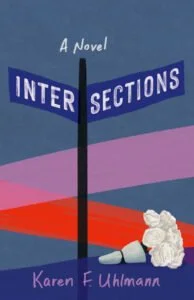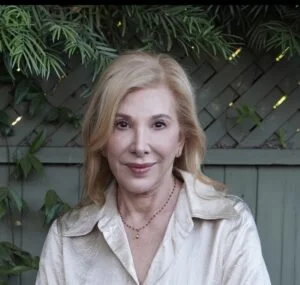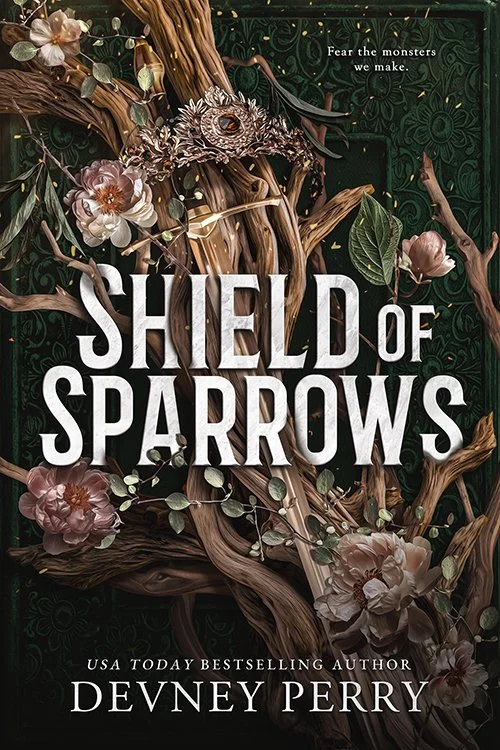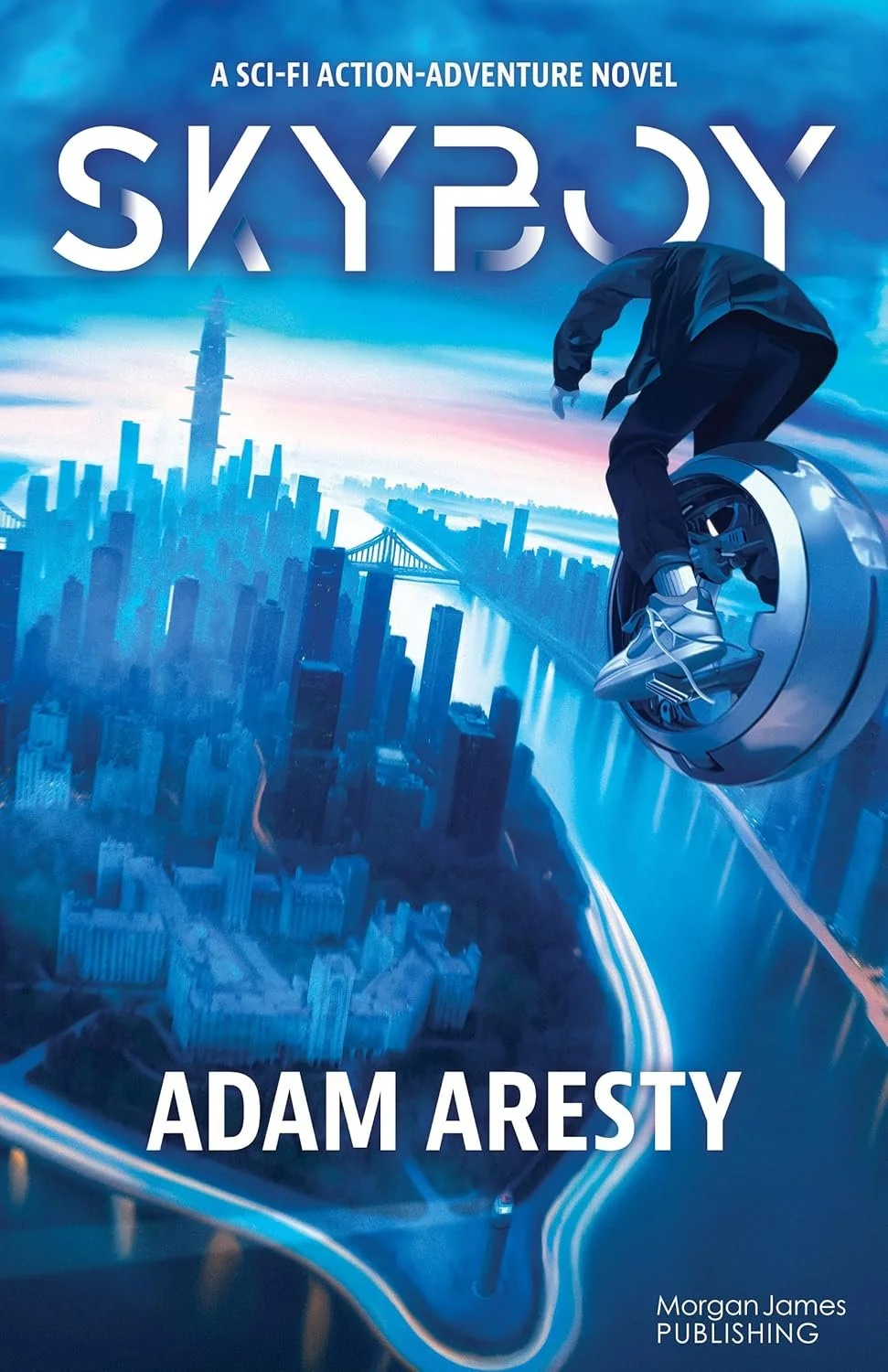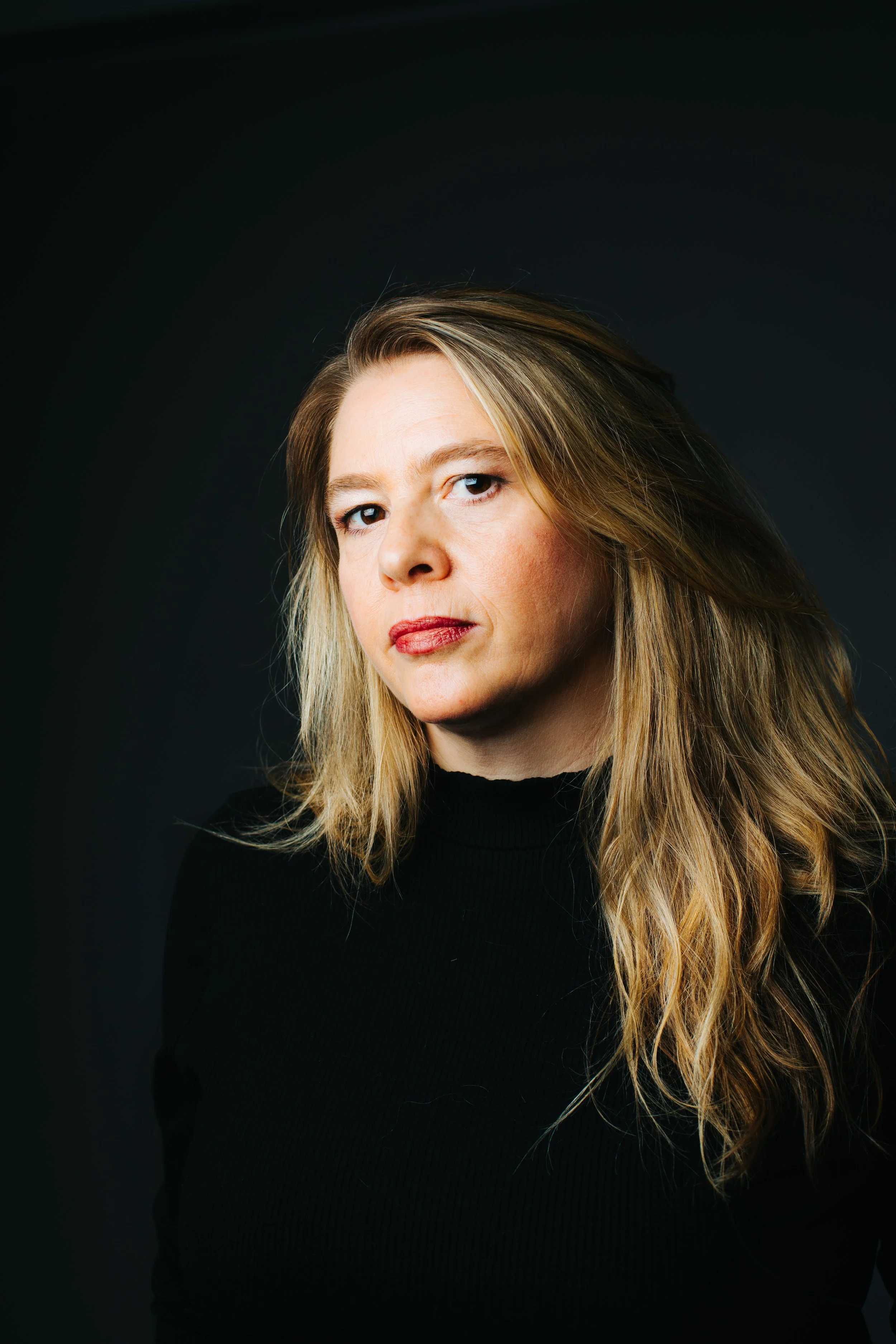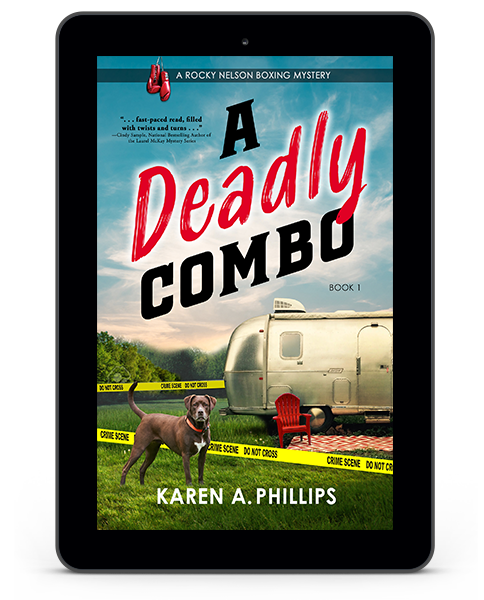These lively essays by luminary writers offer a queer perspective on how people experience other cultures and how other cultures receive queer people. This anthology of essays includes the perspectives of gay, lesbian, bisexual, queer, and trans American authors from multiple ethnic identities, showcasing the travel writing of both established and emerging authors across a wide age spectrum to address these central questions. Contributors include Alexander Chee, Edmund White, Daisy Hernández, Putsata Reang, Alex Marzano-Lesnevich, Denne Michele Norris, Garrard Conley, Andrew Ellis Evans, Nicole Shawan Junior, Raluca Albu, KB Brookins, Genevieve Hudson, Zoë Sprankle, Sara Orozco, and Calvin Gimpelevich. Their essays take the reader to different areas of the world including Spain, Ukraine, Florida, New York City, Mexico, Cambodia, Russia, Senegal, Berlin, and more.
Excerpt
Edited by Alden Jones
We Find Each Other
A Prelude
How and why do queer people travel? We travel to find each other. To escape the places and people who reject us. Because somewhere, on a faraway beach, a party is being planned. Because we are displaced by violence or war. For the thrill of something new. To pursue an education. For love. To heal a broken heart. Because of some mysterious instinct to move and move and move. All the reasons human beings travel.
At a cocktail party in Los Angeles in 2016, I began a conversation with a fellow travel writer that became this book. We were at the party to toast Raphael Kadushin’s retirement from the University of Wisconsin Press, where Raphy had built a unique list of gay and lesbian travel literature — the only such collection I was aware of. He had acquired my own travel memoir, The Blind Masseuse, a few months after a writers’ conference at which I’d discovered a table stacked with gay and lesbian travelogues, anthologies, and place-based memoirs and boldly announced to him that my book belonged at his table. Raphy was a magazine travel writer in addition to being an editor. He’d acquired and in some cases edited books such as Queer Frontiers: Millennial Geographies, Genders, and Generations; Something to Declare: Good Lesbian Travel Writing; Wonderlands: Good Gay Travel Writing; and Big Trips: More Good Gay Travel Writing, and he’d done this during a time when “queer travel writing” was so specialized a genre that few publishers believed a readership for it existed.
More room has been made for queer stories in publishing since the first gay and lesbian travel writing anthologies appeared. It was logical in the early 2000s to divide anthologies by “gay” and “lesbian,” as these early collections were sorted. It made sense that purchasers of these anthologies might be looking for stories of same-sex romance set abroad: Before the internet, queer readers searched for stories of queer love and sex anywhere and everywhere, and if a story was billed as gay, there’d better be something gay about it. LGBTQ+ lit is no longer in the margins. Queer travel literature is in a position to forge new ground.
At the cocktail party, I posed a musing question: What if we didn’t sort out these collections by gender and queer subidentity? What would we discover about travel writing if we considered it more expansively, through the lens of being queer? Why doesn’t an inclusive anthology of queer-themed travel writing exist yet?
The conversation lasted the rest of the weekend, because I couldn’t stop thinking about it, and everyone I ran the idea by also wanted answers. What themes could surprise us in a queer-forward travel collection? What did it mean to be queer and moving through the world? To get my answer, I’d have to pose the question to some queer thinkers and request their answers in the form of travel tales. I set out to create this book.
I became a travel writer because I was interested in what the genre could do that it wasn’t already doing. (Also because in the ’90s, when I was starting out as a writer, it was possible to make actual money writing for travel sections and magazines. Those were the days.) As a genre, travel writing has not always made room for all the ways human beings travel; it has tended to focus on pleasure and leisure, the lure of the exotic, and brief escapes. In Edge of the World, we offer some escape stories in that tradition. Travel writing should exist as entertainment, as microvacation. In Edge of the World it exists in the form of luminary Edmund White reminiscing about his years of visiting the gay mecca of Key West, and Texan KB Brookins inviting us along on a road trip to Mérida, Mexico, for a feel-good Pride. Of course, travel isn’t always festive and fun, and danger presents itself to queer travelers in particular ways. As Sara Orozco discovers on a spontaneous trip to a gay bar in 1985, being gay and cavalier about the rules of an unfamiliar place might cause you to end up in handcuffs. Sara is not the only writer here who comes face-to- face with homophobia in the form of the law; in New Orleans, stopped for the alleged crime of kissing their girlfriend in public, Alex Marzano-Lesnevich must weigh how important it is to assert their legal rights to the officer shining his flashlight in their eyes. An emotional spectrum exists between those highs and lows.
Once I began to collect these essays, refrains arose — some expected, others more revelatory. There is dancing in Edge of the World. A recurring quest for a queer utopia. Returning to a foreign locale years after a first visit to confront how much both you and the place have changed. The push and pull of parental love. How many of us long for our original home, even when we’ve traveled far away from it for a specific reason. There are scenes in this book that seem almost to be doubles, repetitions, one writer’s experience mirrored by another’s. Travel has a tendency to conjure self-knowledge and bring it to the surface, and the best travel writing reflects this. I hope, in addition to exploring the expansive queer experience, that this collection asks not only what it means to be queer and moving through the world, but also what a queer perspective can do to expand or test the parameters of travel writing.
Queer communities do not generally form at home. More often, queerness sends us searching.
And we find each other. That is what we do.
Buy on Amazon Kindle | Paperback | Bookshop.org

